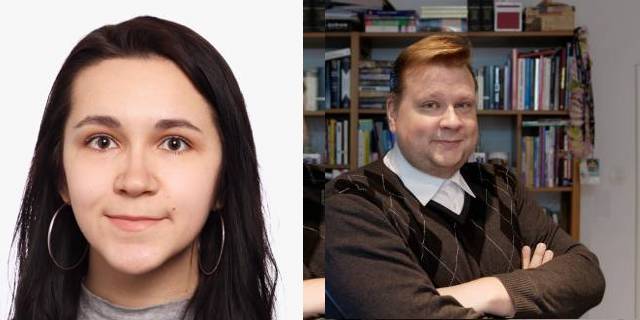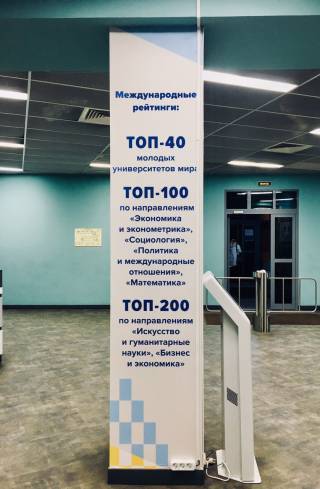POSTCAPE subproject: International Political Economy of Higher Education Policy
In this subproject, PhD researcher Iuliia Gataulina and Postdoctoral Research Fellow Mikko Poutanen take a deep look into the international political economy of higher education policy.
Long-held as a public common with a variety of social missions, higher education has become increasingly drawn to the mechanics of commodification and commercialization intrinsic to capitalism. This calls for a retheoretization of higher education policy as an extension of capitalist logic, such as employability and national competitiveness. And yet, there is resistance. Higher education – universities as key institutions and locations – are yet a distinct entity, where capitalist logic is resisted, addressed, and amended. It is a space that is in-between.
Assemblage thinking, which is one of the core dimensions of the POSTCAPE project, also informs the approach adopted by this subproject. Assemblage theorizing helps to analyze the higher educational policies in the relational manner: thus, commodification and commercialization of the higher education in this subproject are of neither local nor global production, but rather a patchwork of different parts coming from the near and the far. Assemblage theorizing also assists in discovering different elements of policies being they complying – or resistant – to the capitalist logic of the higher education.

Gataulina’s research explores how the EU’s Bologna process of higher education has been assembled in the Russian universities: the focus lies in the connection between the Bologna process reforms in Russia and neoliberal trends in the Russian higher education and scientific research. Moreover, the research tries to uncover if there is any resistance inside universities against such neoliberal trends – and where this resistance lies in relation to the Bologna process. Thus, the research draws on – and adds to – the discussions on postsocialist neoliberalism(s).
Moreover, Gataulina’s research tries to fight the “territorialisation” of the research design; thus, the scope of the research sometimes goes beyond “Russian” territorial or semantic boundaries keeping in mind that the neoliberalisation of higher education and the Bologna process create various assemblages across borders.
Poutanen’s research focuses on the shifting priorities of higher education policy and the new subjectivities it creates within universities. As an outcome of the struggle for meaning in higher education assemblages, an increasing number of researchers also feel alienated by the shifting logics that inform the context of their work. Poutanen’s research seeks ways to articulate this sense of alienation and locate mechanisms of political economy that strengthen it, but also evaluate existing patterns of resistance.
Poutanen’s research also draws on existing work conducted at Tampere University on the staff reactions to a university merger. The research utilizes a multi-disciplinary approach to gain new and deeper understanding of higher education policy and its practical realization.
The research approach adopted by this subproject draws on different strains of ethnographic research. Gataulina applies non-local ethnography, which helps to get a deeper understanding of the “field”, which is not constrained by territorial boundaries (such as the Bologna process in the Russian universities). Poutanen, in-turn will mobilize an approach conducive with “at-home ethnography” as a way to fully utilize “insider knowledge” of researchers within the institutions of higher education.
PhD researcher Iuliia Gataulina: iuliia.gataulina@tuni.fi
Postdoctoral Research Fellow Mikko Poutanen: mikko.poutanen@tuni.fi

